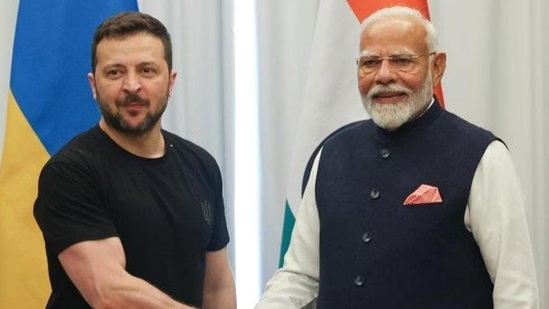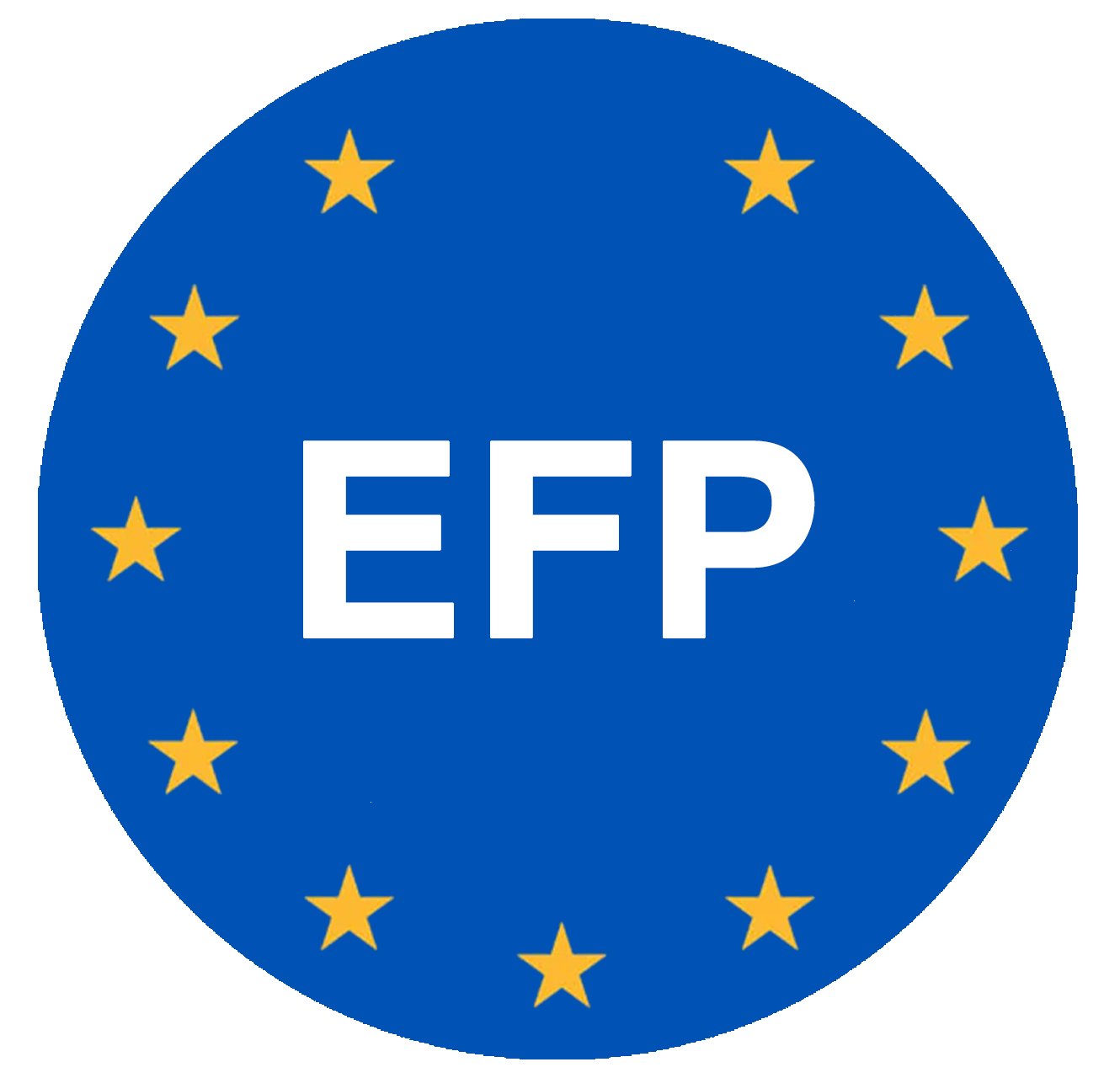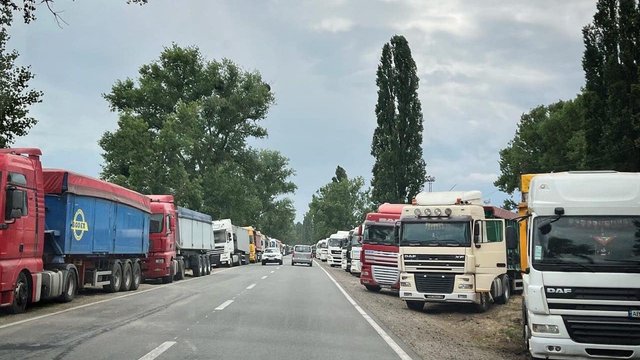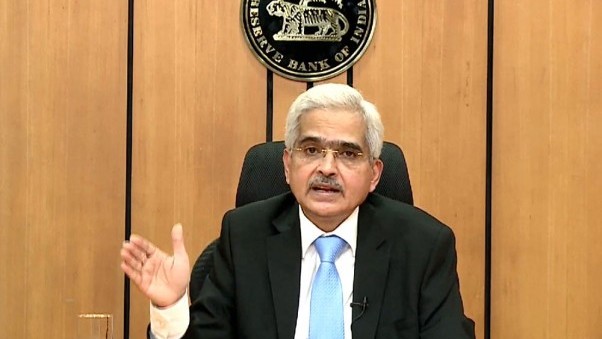A statement from Zelenskyy’s office said he had briefed Modi on the preparations for the peace summit and its agenda.
Prime Minister Narendra Modi on Friday reiterated India’s support for a peaceful resolution of the Russia-Ukraine conflict at a meeting with Ukrainian President Volodymyr Zelenskyy, who thanked the Indian leader for the “expected presence” of a high-level delegation at a peace summit being hosted by Switzerland.

The two leaders met on the margins of the G7 Summit in Italy, a day ahead of the “Summit on Peace in Ukraine” to be held in the Swiss resort of Bürgenstock during June 15-16. Russia hasn’t been invited to the summit while China is staying away. Switzerland sent out 160 invitations, though only 90 states and organisations are now expected to attend.
Modi said India continues to encourage a “peaceful resolution of the conflict through dialogue and diplomacy”, and New Delhi will “continue to do everything within its means to support a peaceful solution”, according to a readout from the external affairs ministry.
The leaders had a “productive meeting”, during which they discussed ways to strengthen bilateral ties, the readout said. “They also exchanged views on the situation in Ukraine and the upcoming Summit on Peace being hosted by Switzerland,” it added.
A statement from Zelenskyy’s office said he had briefed Modi on the preparations for the peace summit and its agenda. Zelenskyy thanked Modi for the “expected presence of the high-level delegation at the event”.
People familiar with the matter said Modi and external affairs minister S Jaishankar aren’t expected to attend the peace summit, and India will be represented by secretary (West) Pavan Kapoor of the external affairs ministry.
The peace summit, underpinned by elements of a 10-point peace formula presented by Zelenskyy in 2022, is not expected to produce any major results and is being seen as a largely symbolic effort on Ukraine’s part to rally the world community.
Modi said in a post on X that he had a “very productive meeting” with Zelenskyy. “India is eager to further cement bilateral relations with Ukraine. Regarding the ongoing hostilities, reiterated that India believes in a human-centric approach and believes that the way to peace is through dialogue and diplomacy,” he said.
Zelenskyy, a special invitee to the G7 Summit, said he and Modi discussed the development of bilateral ties and ways to expand trade, particularly through the Black Sea transport corridor, which makes it possible to increase exports of sunflower oil and other goods to India. The two sides explored the possibility of exchanging experiences in using new agricultural technologies, Zelenskyy said.
Modi and Zelenskyy also met on the sidelines of last year’s G7 Summit in Japan. India has so far refrained from criticising Russia’s invasion of Ukraine and has pushed both sides to return to the path of dialogue and diplomacy to resolve their differences.
Modi and French President Emmanuel Macron agreed during a bilateral meeting on the margins of the G7 Summit to intensify strategic defence cooperation, with increased focus on the “Make in India” initiative, while emphasising that a strong bilateral strategic partnership is crucial for a stable global order.
Macron was the first world leader to meet Modi at Apulia in Italy. France is India’s closest strategic partner in Europe and the two sides have built up close cooperation, especially in security and defence. India is currently in negotiations with France to acquire 26 Rafale jets for the Indian Navy, and earlier procured 36 jets for the air force under a 2016 deal worth 7.87 billion euros.
Modi and Macron “agreed to further intensify strategic defence cooperation with increased focus on ‘Make in India’”, said a readout from the external affairs ministry, referring to the Indian initiative aimed at achieving self-reliance in key areas such as defence.
The two leaders discussed key global and regional issues, and “emphasised that a strong and trusted strategic partnership between India and France is crucial for a stable and prosperous global order and agreed to work closely to make it scale greater heights”, the readout said.
They also reviewed bilateral ties, with the focus on the “Horizon 2047” roadmap and the Indo-Pacific roadmap. Their discussions covered cooperation in defence, nuclear, space, education, climate action, digital public infrastructure, connectivity and cultural initiatives such as the National Museum partnership and enhancing people-to-people ties.
Macron and Modi agreed to expand cooperation in artificial intelligence (AI), critical and emerging technologies, energyand sports, and to work closely in context of the forthcoming AI Summit and United Nations Oceans Conference, to be hosted in France in 2025.
Modi said on X that this was his fourth meeting with Macron in a year, indicating the priority accorded to strong India-French ties. “We also discussed how to encourage innovation and research among the youth. I conveyed my best wishes to him on the hosting of the Paris Olympics, which begins next month,” he said.
Macron responded on X by saying that he and Modi discussed “the main issues of the strategic partnership that unites India and France, in the fields of energy, defense, research, and culture, and I must say: what momentum!”
During Modi’s visit to France last July, the two sides signed a raft of agreements to deepen defence cooperation. Following the success of India’s P75 or Scorpene submarine construction programme, state-run Mazagon Dockyard Ltd and France’s Naval Group signed a MoU for building three additional submarines.
The two sides are jointly developing a combat aircraft engine under the “Horizon 2047” roadmap. This project is being implemented by France’s Safran and India’s Defence Research and Development Organisation (DRDO). India’s Hindustan Aeronautics Limited (HAL) is developing an engine for India’s multi-role helicopter programme with Safran.
Defence cooperation is a key pillar in India-France relations and the two sides are working on the co-production of military platforms that meet not only their own needs but those of friendly third countries.
Modi and his British counterpart Rishi Sunak assessed the implementation of Roadmap 2030, which envisages boosting cooperation in areas such as trade and defence, and negotiations for a bilateral free trade agreement (FTA) at a separate meeting. This was their first meeting since Sunak travelled to India last September for the G20 Summit.
They expressed happiness at progress in all areas of the bilateral comprehensive strategic partnership, the external affairs ministry said in a readout. This includes regular high-level political consultations, defence and security, trade and economic collaboration, critical and high technology sectors, and people-to-people ties.
Modi and Sunak “expressed satisfaction with the progress made in the Free Trade Agreement negotiations between the two countries”, the readout said, without giving details. They also discussed regional and multilateral matters.
The Roadmap 2030, finalised in May 2021, has five pillars, including political contacts and migration and mobility, trade, defence and security, climate change and health.
The two sides have held 14 rounds of talks on the proposed FTA but have been unable to address differences on issues such as market access, tariffs on British scotch whisky and automobiles and greater mobility for Indian professionals and students.
With Sunak’s Conservative Party widely expected to fare poorly in the upcoming UK election in July, the Indian side is apparently holding off on signing the FTA till a new government is in place in London.
After the meeting, Modi said in a post on X: “I reiterated my commitment to further strengthen the India-UK Comprehensive Strategic Partnership in the third term of the NDA Government. There is great scope to deepen ties in sectors like semiconductors, technology and trade. We also talked about further cementing ties in the defence sector.”
Modi also extended his wishes to the people of the UK as they prepare for a general election next month.
A British readout said the two leaders discussed their mutual commitment to the security and prosperity of both countries. Sunak said he was pleased India will send high-level representatives to the Ukraine peace summit.
Modi also met Pope Francis on the sidelines of the G7 Summit and said on X: “I admire his commitment to serve people and make our planet better. Also invited him to visit India.” Footage beamed on TV showed Modi embracing Pope Francis, the first pontiff to address a G7 Summit.


